Advanced clinical stage not associated with poor outcomes
N Newton, AW Phillips, H Jaretzke, A Immanuel, N Hayes, SM Griffin
Background
Following a diagnosis of oesophageal cancer UICC TNM staging guides treatment and informs prognosis. There is recognised variance between clinical staging (cTNM) and post-operative pathological staging ((y)pTNM). T3N3 oesophageal cancers have a 5-year survival of less than 25% in most studies; given the morbidity associated with radical treatment these cancers may not be considered curable.
Methods
A database of patients treated in a high volume UK tertiary referral centre was interrogated for all cT3N3M0 patients. Demographics, pathological stage and outcomes were recorded.
Results
From 2011 to 2016 34 patients met the inclusion criteria of cT3N3M0 oesophageal cancer. 11 patients had squamous cell carcinoma, the remainder adenocarcinoma. Median age was 65. Overall survival at two years was 71% with a predicted median overall survival of 54 months. 29 patients had neoadjuvant chemotherapy. All patients had an R0 resection. In 14.7% of patients clinical stage equated to pathological stage, 8.8% were ”understaged”, 76.4% had a better prognostic pathological stage.
| yP Stage | Tx/0 N0 | T1/2 N0 | T3/4 N0 | T1 N+ | T2 N+ | T3 N+ | T4 N+ |
| Number | 4 | 7 | 2 | 2 | 1 | 16 | 2 |
Discussion
Staging is considered important to allow treatment to be tailored to the individual patient. Identifying an unfavourable clinical stage may prevent inappropriate treatment, but may disadvantage patients who are erroneously “overstaged”. This study highlights variance between pre-treatment clinical staging and post-operative pathological staging. Care should be taken when making treatment decisions and counselling patients who have a poor prognostic clinical stage.
